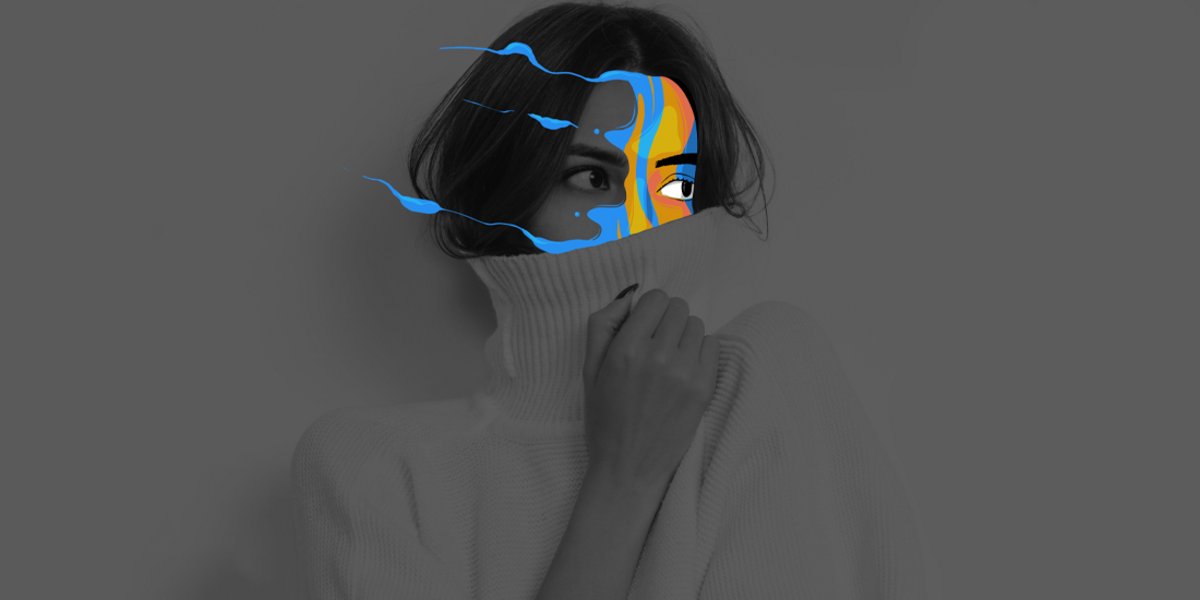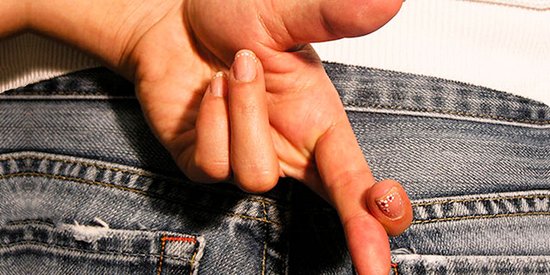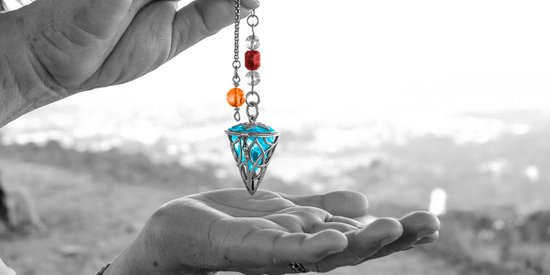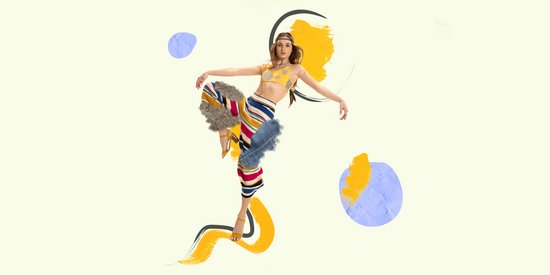According to popular belief, the Moon influences our health, moods and even our behavior.
An urban legend that stands the test of time, despite deep skepticism on the part of some scientists, while other scientists agree that the effects are not only on our mood but also on our health.
So then, what exactly are these influences?
Are they real or are they just myths dating back thousands of years?
That's what this article hopes to find out, we've scoured the entire globe, looked at studies, interviewed experts, and concluded the answer is a resounding "maybe," except for carefully conducted studies by famous scientists.
The theory of tides
It is quite clear that the phenomenon of the tides is one of the most visible and spectacular manifestations of the influence of the moon.
For all of the studies that you will find below, the gravitational hypothesis will be taken into account. The gravitational hypothesis suggests that since our bodies are made up of 80% water, the Moon could exert a gravitational pull on our bodies, just like the oceans.
Can the moon affect your sleep? Study conducted in Switzerland
A recent study found that during a full moon, people sleep less and their sleep is not as deep as other times of the lunar month.
If you have noticed that you have problems falling asleep every time there is a full moon, it may not be a coincidence. A study from the University of Basel in Switzerland published in Current Biology, showed that people slept less, and took longer to fall asleep on full moon nights: 20 minutes less sleep, according to an electroencephalogram.
The study authors noted that these changes were associated with an overall decrease in the quality of sleep, as well as a decrease in melatonin levels.
The influence of the moon on the menstrual cycle: Study conducted in Scandinavia
According to Christiane Northrup MD, during the new moon, ovulation and conception rates are reduced and most women begin to have their period. It has been proven that since the moon affects the flow of fluids, it can also be correlated with a woman's monthly cycle.
It is one of the best known effects of the Moon on the human body. Given that a woman's menstrual cycle lasts on average 28 days, and a lunar month lasts about 29.5 days, it is easy to draw conclusions.
A 2011 study published in the scientific journal Acta Obstetricia and Gynecologica Scandinavica looked into the question. Researchers studied the menstrual cycles of 826 women between the ages of 16 and 25 and found that about 30% menstruated during a full moon.
The Moon influences bleeding: Study conducted in Spain
Is bleeding more likely during a full moon? According to a Spanish study, there is a correlation between cases of gastrointestinal bleeding and the phases of the moon. However, more research needs to be done as this study is contested by the scientific world.
The Moon puts you in a bad mood: Studies carried out in the United States, the Netherlands, Australia
Although some people blame their irritable mood on the moon, a study published in Psychological Reports in 1986 found a correlation between violent schizophrenic episodes and lunar phases. The researchers found that episodes of violence or aggression in people with schizophrenia increased by 1.8% during a full moon.
According to a Dutch study conducted in 2011 on more than 5,400 patients, and supported by an eminent psychologist from Sydney who supervised the study, the full moon was linked to an increase in the number of emergency admissions of patients in psychiatry. “In addition, a very significant increase in disease severity, aggressive behavior and restlessness at the start and end of lunar cycles were seen,” read the study's conclusion.
Other researchers have also pointed to anxiety and depression as having a lunar influence.









